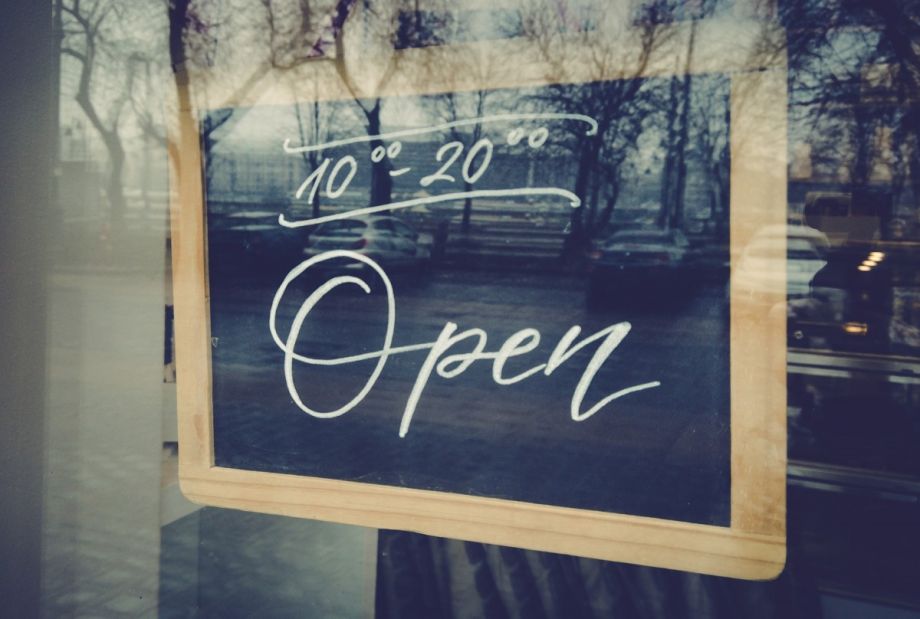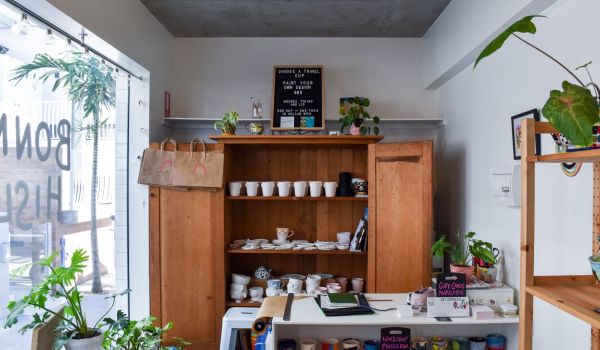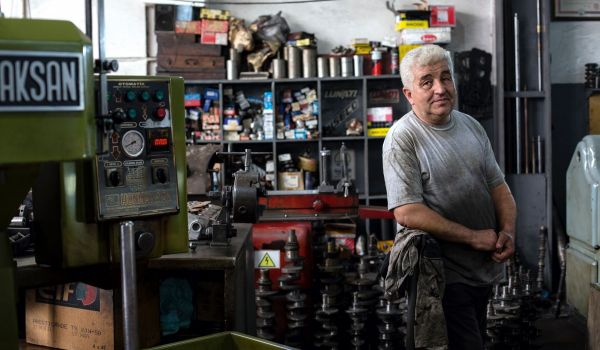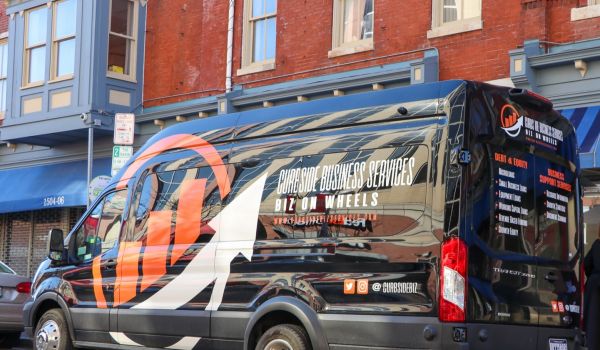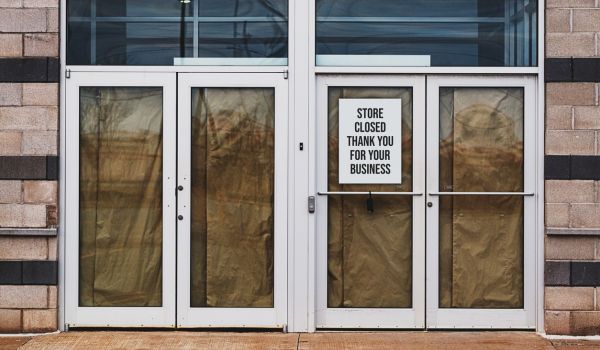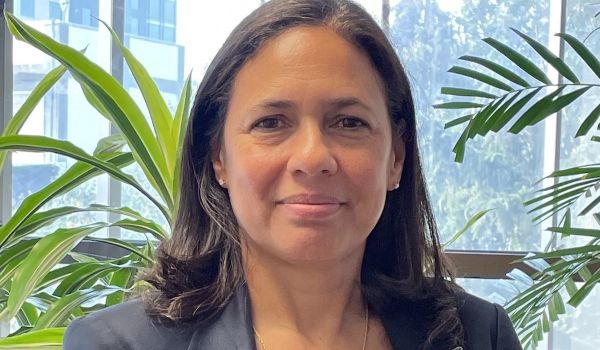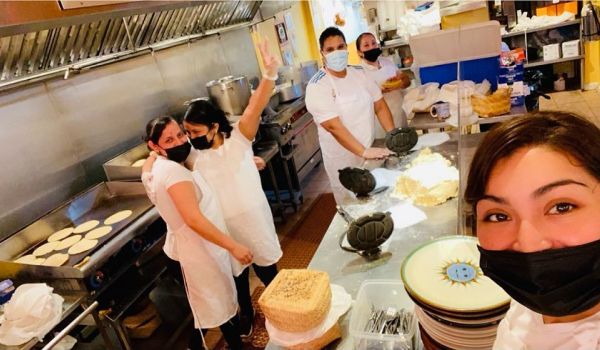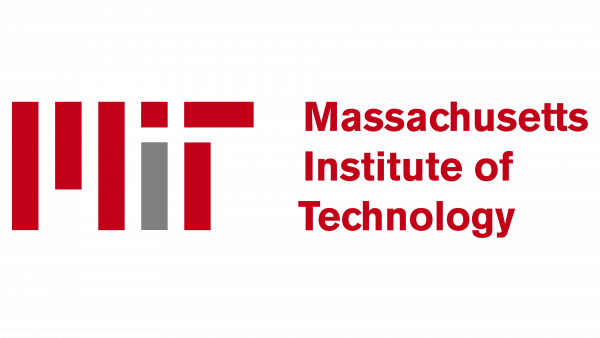When the pandemic first surged in the United States almost two years ago, restaurants were sent into a tailspin that many are still struggling with today in the fresh wake of Omicron. According to the 2022 State of the Restaurant Industry report, more than half of restaurant operators estimate that it will be a year or more until their businesses return to normal. Plus, food, labor and occupancy costs remain elevated, slicing into already thin profit margins.
High Road Kitchens is determined to transform this crisis into an opportunity for an equity revolution in the industry. The initiative, which launched in California in March 2020, is managed by One Fair Wage, a national advocacy organization dedicated to fair pay. High Road Kitchens has provided grants to thousands of restaurants from California to Massachusetts through a combination of public and private funding, and partnerships with state or local municipalities. The grants not only help them survive the pandemic and keep service workers employed, but also provide subsidized, sliding-scale meals to low-wage workers, first responders and more.
“One goal was to provide relief to people who were experiencing food insecurity, especially those on the front lines like nurses. The second was to provide financial relief to restaurants to keep the door open,” explains Julio Rodriguez, program director for High Road Kitchens.
Grants range from $5,000 to $20,000, depending on local need as well as the parameters established with funding partners like the Kellogg Foundation in Detroit. High Road Kitchens has ultimately provided around 45,000 meals across the country since the pandemic began. In general, restaurants are asked to provide one meal for every $10 they’re awarded. It’s up to the restaurant to decide how, whether that’s giving meals away to homeless shelters or offering them at reduced prices.
When Janel Inouye, the owner-operator of Sacramento’s Magpie Cafe, joined the High Road Kitchens network in the summer of 2020, she used the restaurant’s roughly $2,500 grant to partner with a local school and distribute steeply discounted food boxes for families when schools were closed. “On the restaurant side, it was nice to have something steady that we knew we would be doing,” Inouye says of the six weeks that they provided the meals.
But, because One Fair Wage is working to end the tipped minimum wage, High Road Kitchens didn’t stop there. The question soon became “how do we connect this to paying a fair wage?” Rodriguez says.
The answer took the form of equity training and guidance designed to help restaurants transition to paying better wages without having to just raise prices. The afternoon Zoom trainings break down the numbers to illustrate how tip sharing, service charges, and hospitality charges work, but also offer alternatives for diversifying revenue through apparel and catering services.
The equity element of the training, which was developed in partnership with the Kellogg Foundation, covers things like racism and implicit bias. It also helps restaurant owners and operators assess the racial makeup of their front of house and back of house staff.
Each participating restaurant has six months to complete the training and is asked to make a commitment to paying a fair wage within five years. “There are 2,000 members that we have in our network that are either paying a fair wage or in the process of doing so,” Rodriguez says.
A strength of the High Road Kitchens process has been the flexibility that it brings to the process, finding individualized ways for each city and restaurant to participate. In Boston, for example, High Road partnered with then Mayor Martin Walsh to fund roughly 75 restaurants that were required to pay a fair wage for a month.
“In Chicago we have a private funder while in Michigan we have the Kellogg Foundation and they wanted to prioritize Detroit,” Rodriguez explains of the adaptable model. “Based on the funding, we determine the number of people we want to reach and then we work with our allies like worker organizations on the ground who give us recommendations.”
Now, with much of the original funds used up, High Road is focusing on areas like Maine and other parts of Michigan where they haven’t worked yet and are looking at slightly different funding models, too. “We’re trying to set up a partnership with the State of New York for a forgivable loan program. It would be the same program — the restaurant employer does what they’re supposed to do and then the loan is forgiven instead,” Rodriguez says. “In Michigan we’re trying to create a subsidized loan, like a 1% interest loan program.”
While High Road Kitchens began, and has been operating, as a way to provide resources to restaurant owners in their time of need, the ultimate goal is to move the equity needle in the restaurant industry. While Inouye found High Road’s training to be somewhat redundant for her as a small owner-operator and a minority woman, she understands that it serves the organization’s larger political agenda.
“The restaurant industry has really racist and sexist policies and history. In some states, tipped employees still get paid $2.13 an hour — it’s really messed up,” Rodriguez says. “Right now we’re asking Congress that, if they do pass any restaurant relief, that an increase for worker’s wages is included in that as well.”
This article is part of Elements of an Equitable Recovery, a series on solutions helping small, especially woman- and minority-owned, businesses survive and thrive. This series is generously underwritten by LISC.

Cinnamon Janzer is a freelance journalist based in Minneapolis. Her work has appeared in National Geographic, U.S. News & World Report, Rewire.news, and more. She holds an MA in Social Design, with a specialization in intervention design, from the Maryland Institute College of Art and a BA in Cultural Anthropology and Fine Art from the University of Minnesota, Twin Cities.
Follow Cinnamon .(JavaScript must be enabled to view this email address)

